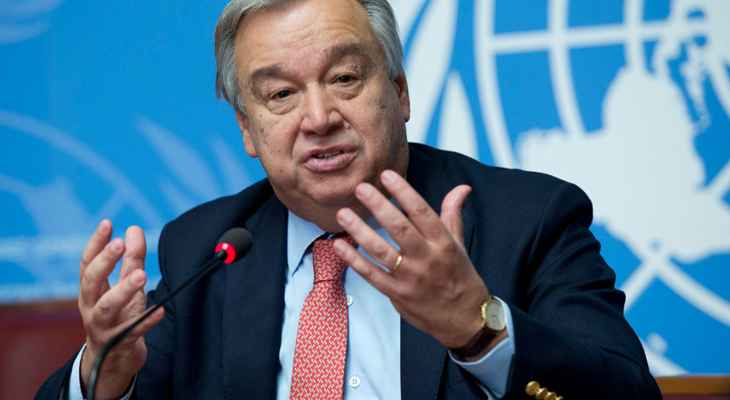United Nations Secretary-General António Guterres believed that “nuclear weapons are a fatal reminder of the inability of states to solve problems through dialogue and cooperation”, commenting: “Let’s eliminate these weapons before they destroy us.”
In a video message addressed to the first meeting of the UN Treaty on the Prohibition of Nuclear Weapons, held in the Austrian capital of Vienna, he noted that “the horrific lessons of Hiroshima and Nagasaki are being erased from memory”, referring to US nuclear weapons. bombing of two Japanese cities during World War II (1939-1945).
Guterres warned: “With more than 13,000 nuclear weapons in the world, the possibility of nuclear conflict – previously unimaginable – is now back in the realm of possibility” and added: “In a world of geopolitical tension and mistrust.” recipe for destruction, we cannot allow the nuclear weapons of a handful of countries to threaten life on our planet, we must stop knocking on the (doomsday) door.”
The Secretary General emphasized that “The Treaty on the Prohibition of Nuclear Weapons is an important step towards the common aspiration for a world free of nuclear weapons” and noted that “The Treaty prohibits the entire range of activities related to nuclear weapons, including the development, testing, production manufacturing, acquisition and stockpiling of nuclear weapons or other nuclear explosive devices.”
On July 7, 2017, this treaty was adopted with the support of 122 countries at the UN after negotiations that did not involve nuclear powers, including the United States, Russia, Britain, China and France.
The agreement entered into force in January 2021. It was signed by 86 countries and ratified by 65 countries.
The countries participating in the treaty pledged “never, under any circumstances, to develop, test, produce or stockpile nuclear weapons,” and also not to use or threaten to use or deploy nuclear weapons to other countries on their territory.
Source: El Nashra
